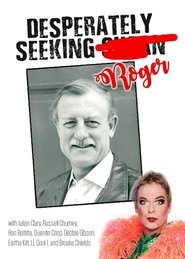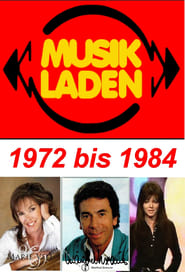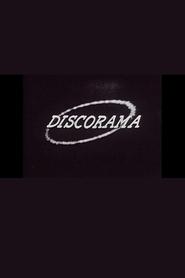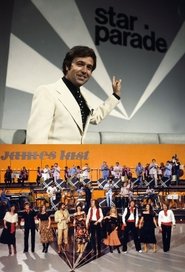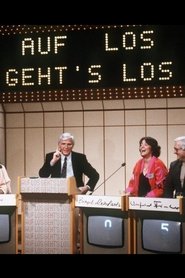Roger Whittaker
Roger Henry Brough Whittaker (born 22 March 1936) is a British singer-songwriter and musician, who was born in Nairobi to English parents. His music is an eclectic mix of folk music and popular songs in addition to radio airplay hits. He is best known for his baritone singing voice and trademark whistling ability as well as his guitar skills. He is widely known for his version of "Wind Beneath My Wings" (1982), as well as his own compositions "Durham Town (The Leavin')" (1969) and "I Don't Believe in If Anymore" (1970). American audiences are most familiar with his 1970 hit "New World in the Morning" and his 1975 hit "The Last Farewell", which is his only single to hit the Billboard Hot 100 (it made the Top 20) and also hit No. 1 on the Adult Contemporary chart. He is also known for his renditions of "Ding! Dong! Merrily on High" and "The Twelve Days of Christmas". His final top-charting hit was "Albany", which scored No. 3 in West Germany in 1982. Whittaker's parents, Edward and Vi Whittaker, were from Staffordshire, England, where they owned and operated a grocery shop. His father was injured in a motorcycle accident and the family moved to a farm near Thika, Kenya, because of its warmer climate. His grandfather sang in various clubs and his father played the violin. Roger learned to play the guitar. Upon completing his primary education, Whittaker was admitted to Prince of Wales School (now Nairobi School). Upon completing his high school education, he was called up for national service and spent two years in the Kenya Regiment fighting the Mau Mau in the Aberdare Forest. In 1956 he was demobilised and decided on a career in medicine. He enrolled at the University of Cape Town in South Africa. However, he left after 18 months and joined the civil service education department as a teacher, following in his mother's footsteps. To further his teaching career, Whittaker moved to Britain in September 1959. For the next three years, he studied zoology, biochemistry and marine biology at University College of North Wales and earned a Bachelor of Science degree while singing in local clubs, and released songs on Flexi discs included with the campus newspaper, the Bangor University Rag. Shortly afterwards, he was signed to Fontana Records, which released his first professional single, "The Charge of the Light Brigade", in 1962. (On the labels of the Fontana singles, he is billed as "Rog Whittaker".) In the summer of 1962, Whittaker performed in Portrush, Northern Ireland. He achieved a breakthrough when he was signed to appear on an Ulster Television show called This and That. His second single was a cover version of "Steel Men", released in June 1962. ... Source: Article "Roger Whittaker" from Wikipedia in English, licensed under CC-BY-SA 3.0.
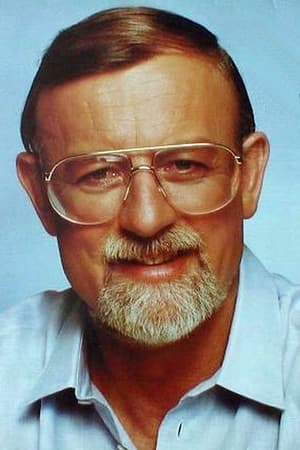
Desperately Seeking Roger
as uncreditedJulian Clary goes on a journey around New York to find Roger Whittaker.
Movie pageMusikladen
as SelfDer Musikladen was a West German music television programme that ran from December 13, 1972 to...
TV Show page